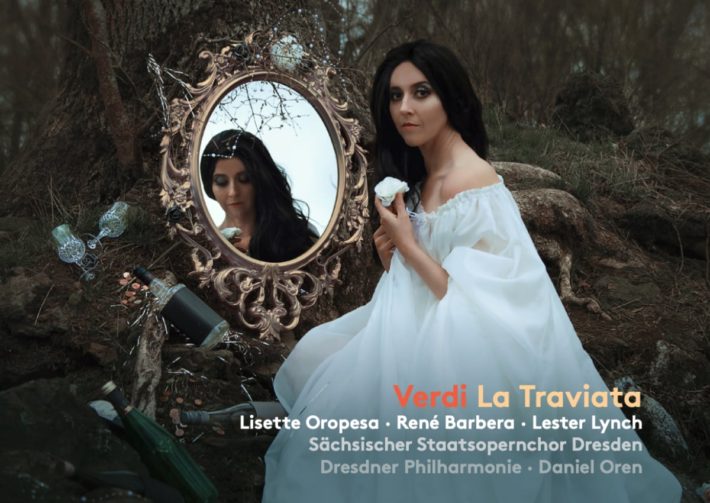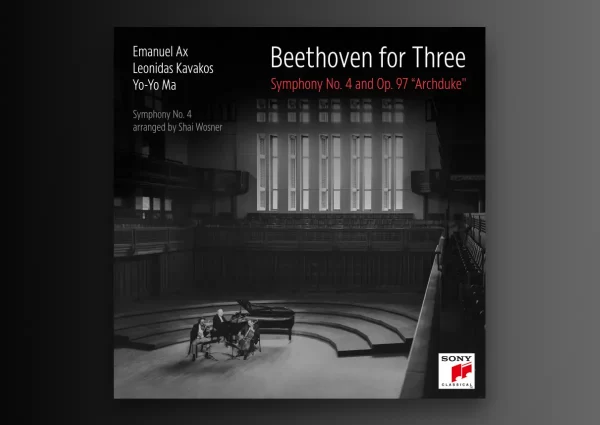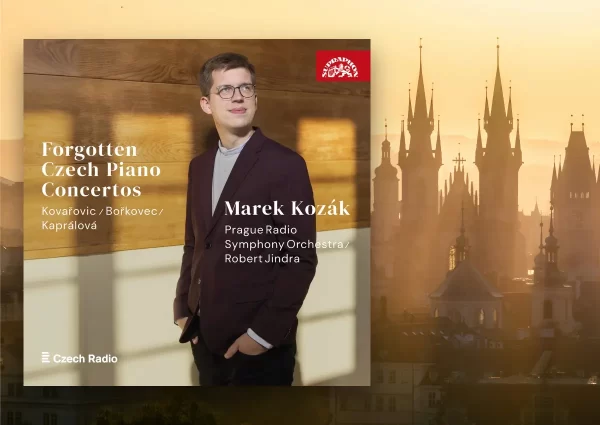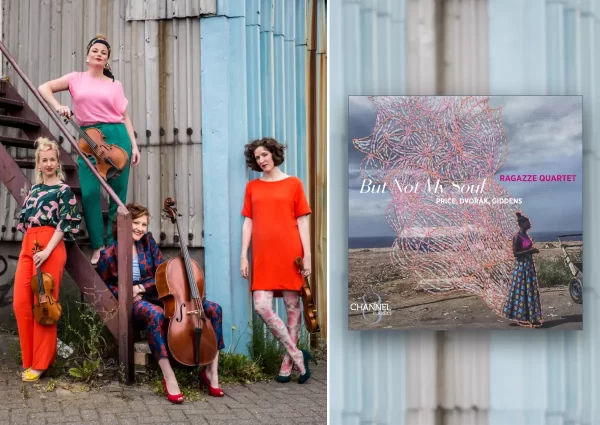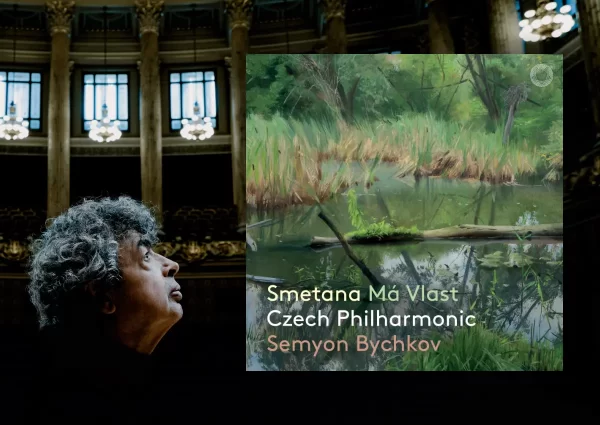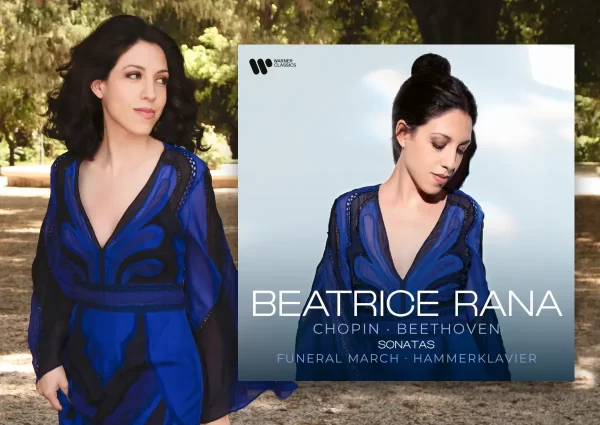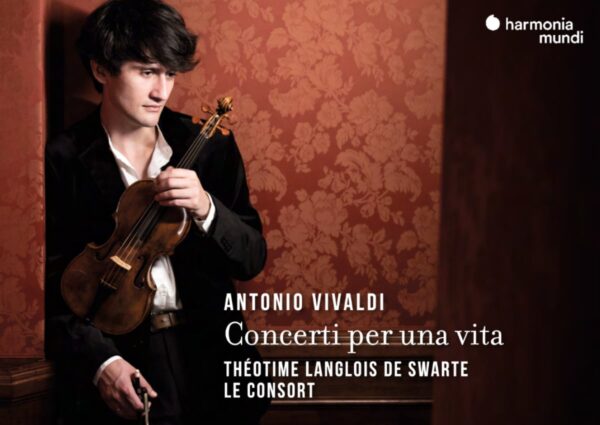Verdi’s La Traviata needs little introduction with the plethora of productions and recordings already out there: Maria Callas (as Violetta) made six alone, two with Carlo Maria Giulini at La Scala. We also have Rosa Ponselle/Ettore Panizza (live, 1935), Ileana Cotrubas/Carlos Kleiber (studio, 1966-67), and Angela Gheorghiu/Georg Solti (live, 1994). Pentatone puts out a studio version here with soprano Lisette Oropesa taking up the mantle of Violetta. With popularity and precedence making the competition especially fierce, anticipation beckons: does this performance bring something new?
At the heart of the opera are themes of struggle, isolation, and despair–each which take center stage in a particular act but are constantly intertwined throughout. Struggle appears in Act I: despite being the hostess of a lavish party, Violetta becomes so physically incapacitated that she sends the gallivanting guests away. Tenor René Barbera as Alfredo shines in how he creates expressive contrasts that feed into the story. On one hand, we have the iconic brindisi, “Libiamo” (CD 1, track 3): granted, this take is on the elegant side when we consider Pavarotti’s effusive 1979 account, but it nonetheless has an infectious energy. Barbera’s voice wafts in a lovely but jubilant fashion above the Dresdner Philharmonie’s refined orchestral waltz. Where the quick dynamic contrasts are concerned, though, Pavarotti has the edge.
We hear the tenor’s more gentle side in his aria with Oropesa, Un di felice (CD 1, track 4): the gentleness avoids sounding pale thanks to fitting moments of passion. I particularly found the closing moments nice: the duo’s subtle shades of piano lend an image of innocence and hopefulness (and maybe fragility as well) to Violetta and Alfredo’s love.
Act 2 sees a dramatic shift from pure joy to utter desolation; isolation manifests in how Violetta distances herself from Alfredo at the behest of his father, and later, how she is pushed away by Alfredo. Alfredo di questo core (CD 2, track 9) might well be one of the most poignant arias of the opera. Oropesa’s tight vibratos deliver the right amount of plaintiveness, though the 1953 Callas rendition really tugs at the heartstrings: Callas knows just how to change the quality of her voice at the opportune moments. As a result, certain phrases have a raw, cutting quality that mirror the heroine’s pain. The one disappointment was Germont’s aria, Di Sprezzo: baritone Lester Lynch’s voice is naturally boomy and the lack of pointed diction and phrase-shaping makes it sound all but cavernous. Listen to Thomas Hampson’s from Carlo Rizzi’s 2005 version and you’ll get a better sense of fiery clarity and Germont’s unquelled anger.
Related Posts
- Review: Puccini – Madama Butterfly – Foster
- Review: “Anima Rara” – Ermonela Jaho, Soprano
- Review: Made for Opera – Nadine Sierra, Soprano
Despair predominates the final act: Violetta, knowing she will not survive her illness, reads a letter from Alfredo’s father in the spoken “Teneste la Promessa” (CD 2, track 12). Oropesa does give us effective moments of anguish and urgent yearning but the emotional mark left isn’t quite strong enough for me. Perhaps it has something to do with her speed and inflection, which could use more emphasis and variation. (Ermonela Jaho’s 2020 interpretation fits the bill here–her clear elongations of certain syllables portray not only longing and contemplation but also the vivid image of Violetta actually reading the letter.) The solo violin, however, does a notable job in communicating a sad yet comforting tenderness. Violetta’s emblematic aria, Addio del Passato, is quite nice: Oropesa’s sostenutos complement her full-bodied timbre to create a husky, almost smokey profile in the minor key moments that transforms into a rich and expressive one in the major, giving us a musical glimpse into a bygone hope.
Francesco Izzo’s liner notes are well worth the read: they offer a view into the composition of the opera with historical and biographical context. Likewise, the meaningful musical analysis shows how the feature arias and other musical elements contribute to the storyline. The sound engineering is top-notch–it brings out the intricacies of the vocal and ensemble textures in pristine fashion but never sacrifices the balance between the two forces. This may not be the most vibrant version of La Traviata, considering the landmarks that set an extremely high bar. It is, nonetheless, a solid effort from the performers.

La Traviata
Violetta Valery – Lisette Oropesa, Soprano
Alfredo Germont – René Barbera, Tenor
Giorgio Germont – Lester Lynch, Baritone
Flora Bervoix – Ilseyar Khayrullova, Mezzo-Soprano
Annina – Menna Cazel, Soprano
Gastone – Francesco Pittari, Tenor
Barone Douphol – Allen Boxer, Baritone
Marquese d’Obigny – Biagio Pizzuti, Baritone
Dottore Grenvil – Alexander Köpeczy, Bass
Dresdner Philharmonie
Daniel Oren – Conductor
Pentatone, CD PTC5186956
Recommended Comparisons
Read more classical music reviews or visit The Classic Review Amazon store
Follow Us and Comment:
Get our periodic classical music newsletter with our recent reviews, news and beginners guides.
We respect your privacy.

